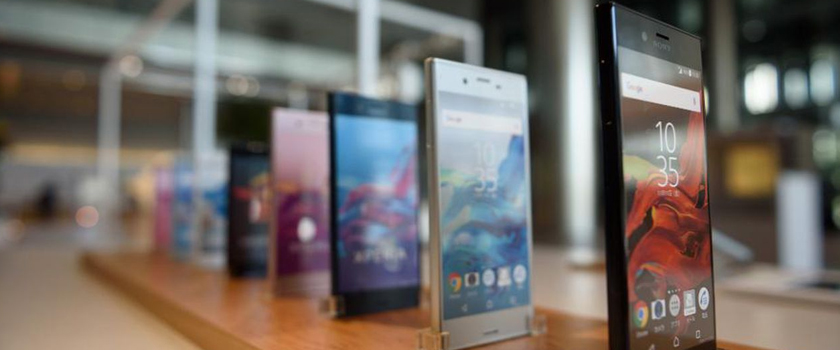If you are not a smartphone user by now, you are surely outdated.
One of the greatest things about smartphones is that they have the magic to enable imagination and creativity, providing a platform where a simple sparkle in mind could ignite a wildfire and “conveniently” turn into something pioneering that changes people’s life or the business landscape.
How’s that possible?
Well, let’s say the functionality of your cell phone is no longer determined by the manufacturer that produces it, but by tens of thousands of third-party individual and corporate developers of mobile applications.
Now you may argue why that is important and what other functionalities of the cell phone are there besides making phone calls and texting messages.
That is exactly the greatest part of smartphones, which provide countless new functions of the phone and endless experience immerging in them.
Taking a few examples, with a smartphone, you are able to browse the Internet, download and play games, interact with friends and family members in social network, check out latest news and manage your itinerary.
You may also argue that you can do all those stuff with your old cell phone, but let me explain to you where the distinguishing differences are.
The smartphone is an open platform that absorbs millions of applications from a wide variety of developers. With smartphones, you can customize the user experience and decide by yourself which are good and how you will want them to present themselves. But as to traditional feature phones, only a small number of applications solely developed by the cell phone manufacturer can be installed on them.
How’s that again?
Smartphones are more like handheld computers, with independent computing capacity to process complex tasks. And when it is open to the public and anyone wishing to be a part of it can easily participate, collective intelligence could be fused and generate unprecedented waves of innovations, presenting millions or even billions of new applications that are interesting yet practical for daily use.
This all makes the smartphone a personal toolkit or entertainment hub, and it becomes easy to explain why people are obsessively using their cell phones wherever they are.
With proper programming skills, you might try developing a mobile application yourself. And as long as you have enlightening ideas of how life could get easier or more enjoyable, there is good chance you can make a millionaire overnight.
You have a wonderful idea yet don’t know anything about programming? That is sad, but not pathetic.
As long as you have faith in what you hope to come out with, you can hire some help instead of doing everything by yourself. First, consult with experts in the mobile application industry and see how big a technical challenge it would pose. Also, don’t forget to listen to other non-programmers’ ideas if they would like the functionality your application aims to provide.
Always be cautious about giving the whole idea out to programmers, and try consulting with them on only part of the functionality of your application.
Why is that? It is simply too much risk giving your idea all out to someone who can easily steal it. Most applications are an integration of several niche technologies, and this makes it possible to assess their feasibilities respectively with different programmers.
When the initial analysis is done, you can draw a project plan and make a progress timeline. There are innumerous freelance programmers available on the web you can hire, or you can simply outsource the development process to a company specialized in mobile app development.
Again, if you don’t know what makes a fine programmer, there will be good risks of wrecking your application by hiring freelancers, because it is too damn hard for a non-pro to tell who’s a real pro. And take my first application as an example, I chose a small company and left the software architecture job to them, and it turned out alright.
Program by yourself is always the foremost approach you should consider when planning to develop a featured new application. And it is okay that learning takes time and you are most likely to be told the idea isn’t mature enough. Don’t get beat down and frustrated when you hear those voices, but take time to learn programming while polishing your idea, because not everyone can envision the future as you do.
The next technological revolution will most likely have grassroots origins, and the driving force will be the very entrepreneurship inside every and each of the ordinary people. Take your time learning what are the newest and be a part of the historic turning event. This is the new frontier age where ordinary people get the chance.



